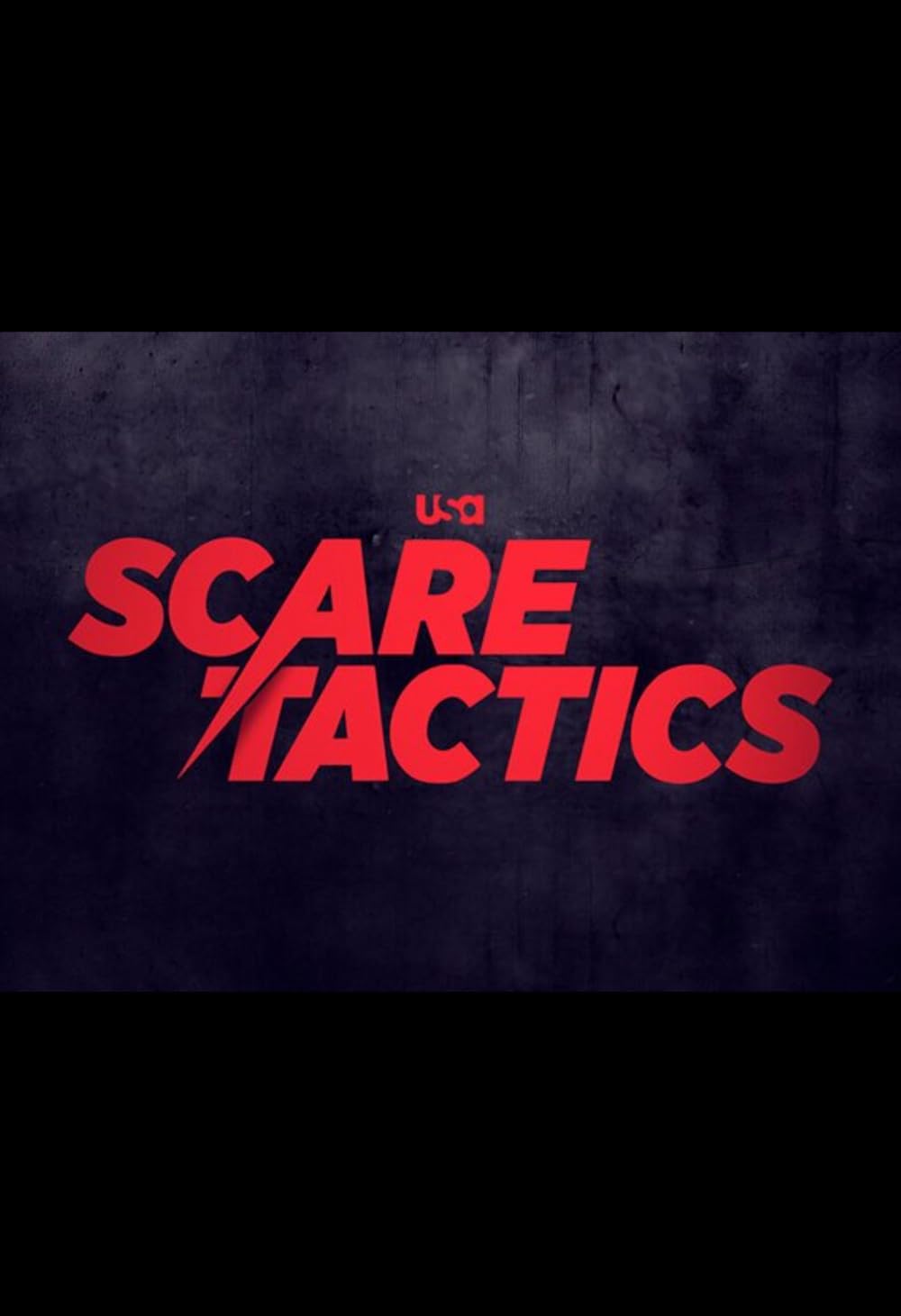ARTICLE AD BOX
In the freezing mist, heavily-armed soldiers checked our passports and press accreditation. We're in an exclusive district of Kyiv, home to the city's presidential palace.
We waited on a near-deserted street until an adviser to the president arrived and led us to another set of guards, who checked our papers again.
Eventually, we were taken to the rear of the palace where our paperwork was scrutinised for the third time.
We had been told to come early so that our equipment and bags could be scanned and checked by sniffer dogs.
Ukraine war latest: MI6 uncovers 'staggeringly reckless' Russian sabotage in Europe
We passed through airport-style security arches and then had to remove phones and watches. The watch was a new one to me, as my battered 35-year-old one barely keeps time these days, let alone constitute any type of security threat -but they were having none of it.
A quick check of the staff wandering through the corridors, none of them had watches either.
We had come to meet and interview Ukraine's President Volodymyr Zelenskyy, hence the security.
I walked through sandbagged corridors that have become a symbolic metaphor for Ukraine's resistance to Russia. In these same corridors, in gloomy darkness would nightly address the nation in the first days and weeks after the invasion. His messages were defiant and broadcast to show a traumatised nation that he and his government had not fled the country.
Please use Chrome browser for a more accessible video player
Now I waited to meet the man who has become internationally recognisable.
He saw me watching from a staircase above his office floor and waved as our cameraman attached a microphone. We met and walked up the sweeping staircase that dominates the palace, pausing to look at a picture of the same sandbagged corridors a few floors below.
I commented that they were worrying times back then when nobody knew what was going to happen.
"Nobody knew," he said.
Read more:
How Russia is avoiding detection with its strikes from the skies above Ukraine
After greeting the entire Sky News team, we sat down for a wide-ranging interview that lasted nearly an hour.
His thoughts on NATO membership and Russia have made headlines, but in our conversation, I was struck by his answers to questions that probed his personal feelings.
I asked if after all the suffering and deaths, whether people were wondering if it had all been worth it, that the sacrifice was too much.

He seemed emotional as he dismissed the notion in no uncertain terms.
"Our people did not give their lives for nothing. They gave their lives for the lives of their children and grandchildren and for the lives of all Ukrainians today.
"And these people perform not only their personal but also constitutional duty to defend their country."
He says those Ukrainians that have died have "already won" as had they not sacrificed "their time, their life, their comfort", then Putin would have conquered the whole of Ukraine.
Read more:
Putin threatens to hit 'decision-making centres' in Ukraine with new missile
In his very first answer to me, he outlined his view that while the geographical integrity of Ukraine was important, it's not more important than Ukraine's identity - and the survival of his people.
"I'm afraid to lose our people. The people are the most important because everything in this war of independence - it's not for land, it's people," he said.
"A nation has land, and it's very important for your identity, but the people are the most important."
Finally, I asked him how the war had affected his family and himself, and his reply was from the heart for sure.
"Even though we have the distance between us, even though we can't see each other each moment or each day, we are very close."
At around 52 minutes his press advisor called an end to the interview. I wanted more time, but I sensed from the president that enough was enough.
We shook hands and the team posed for pictures with him before he was whisked away.
After all, this war seems far from over, and he has much work to do.









 English (US) ·
English (US) ·